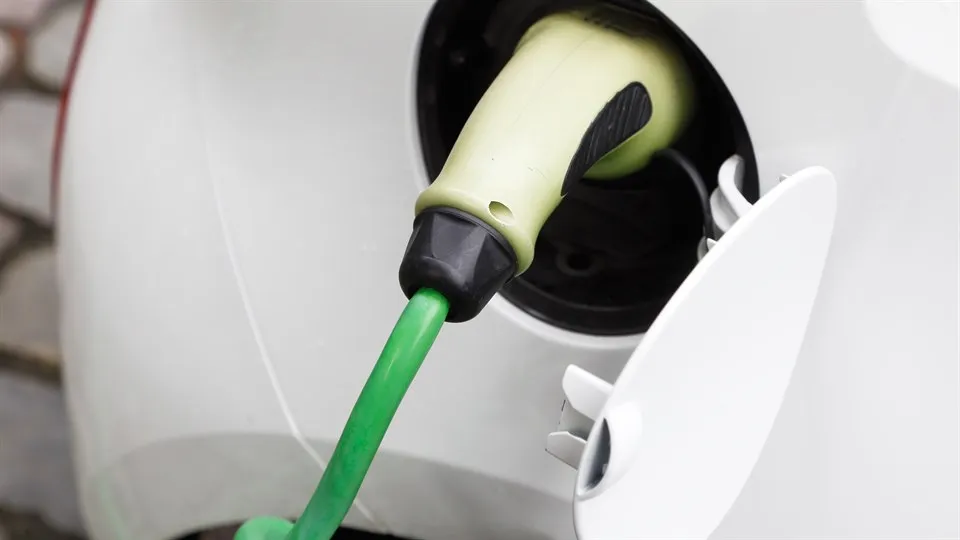Sustainable transport solutions
Transport by car and air is common in connection with sports and outdoor activities. We explored new ways of working, tools and methods for integrating transport and the physical environment into planning for a sustainable outdoor life.
The research theme
The opportunities to move around in everyday life and be close to recreation, relaxation and exercise are becoming increasingly important for well-being and for public health in general. But many are, or feel, dependent on private cars or planes to practice sports and outdoor life. It can be anything from making the everyday puzzle work – where sports activities require a car to last – to a ski trip with a lot of luggage or an event arranged in a place where transport options are poor.
Sustainable travel in municipalities
Transport accounts for about a third of all carbon dioxide emissions. In sports and outdoor life, society has so far not taken these issues into account so much, but rather seen travel as an inevitable part of an important economic activity in the form of tourism and events.
The big question is how we can continue to be active, while at the same time being able to reduce transport and be more sustainable. For example, in how many municipalities can it be practically possible to combine hiking in the forest with public transport? Or take your bike on the train?
Eco-friendly alternatives are crucial
How we plan our cities and communities greatly affects people's opportunities to reach recreational places and engage in different types of leisure activities. Being able to get to your sports activity or on your weekend excursion in an easy and environmentally friendly way is crucial from a sustainability perspective.
By questioning and coming up with new ideas, we explored new ways of working, tools and methods to support the integration of transport and the physical environment in the planning for a sustainable outdoor life. We studied sustainable mobility in different types of places, with varying profiles and needs, that require different and innovative solutions.
An equality perspective
We wanted to stimulate collaboration between research and different actors at national, regional and local level on more environmentally friendly solutions for sports and outdoor life. We also had an interest in studying transport and accessibility from an equality and equality perspective so that even groups with fewer resources or less experience and knowledge feel included in outdoor life and sports.
Result
Read about the theme's results in the final report on Mistra Sport & Outdoors phase 1 (pdf)
Read about the theme in Mistra Sport & Outdoor's final popular science report (pdf) in Swedish
Research group
- Anders Larsson, Theme Leader, Associate Professor of Human Geography at the University of Gothenburg
- Ann Legeby, Deputy Theme Leader, Professor of Applied Urban Design at the Royal Institute of Technology
- Jorge Gil, Associate Professor of Urban Design and Planning at Chalmers University of Technology
- Ellen Lagrell, PhD in Human Geography at the University of Gothenburg
- Oskar Abrahamsson, PhD student in Human Geography at the University of Gothenburg
Learning group
The learning group within the theme Sustainable Transport Solutions worked to develop knowledge and solutions within the following question:
How can we create environmentally sustainable and attractive transport solutions that provide fair and equal access to sports and outdoor life for all groups in society?
- How can transport solutions be adapted for sustainable accessibility in different geographical conditions, such as city centres, suburbs and rural areas?
- How can physical planning practice be developed to create more sustainable access to sports and outdoor life?
- How can we develop more accurate principles, methods and tools to support the planning of association activities, facilities and events in order to achieve sustainable and equal mobility and accessibility in sports and outdoor life?
The learning group consisted of the following actors:
- The Swedish Sports Confederation, Niclas Bromark
- Västtrafik, Karin Ryberg
- The Swedish Environmental Protection Agency, Joanna Dickinson
- Lilla Edet municipality, Anna Tauson, Maria Wagerland and Anna Berlin
- Swedish Association of Local Authorities and Regions (SALAR), Nils-Olof Zethrin
- County Administrative Board of Halland, Conradin Weindl
- The Swedish Sports Confederation, Jonnie Nordensky
- Uppsala Municipality, Örjan Trapp
- The West Coast Foundation, Diana Miscevic
- Researchers: Ann Legeby, KTH, Anders Larsson, University of Gothenburg, Jorge Gil Chalmers and Oscar Abrahamsson, University of Gothenburg
- Facilitator: Anders Larsson, University of Gothenburg
